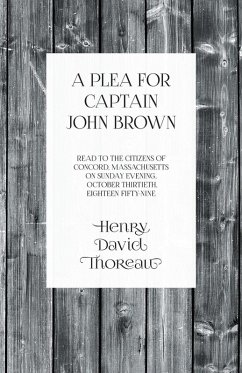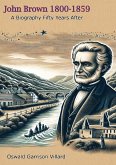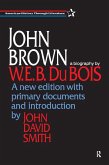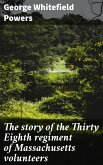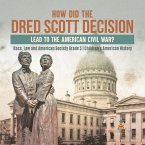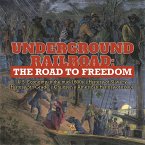Henry David Thoreau (1817 - 1862) was an American poet, philosopher, essayist, abolitionist, naturalist, development critic, and historian. He was also a leading figure in Transcendentalism, and is best known for his book "Walden", a treatise on simple living in a natural environment. Other notable works by this author include: "The Landlord" (1843), "Reform and the Reformers" (1846-48), and "Slavery in Massachusetts" (1854). Many vintage books such as this are becoming increasingly scarce and expensive. We are republishing this volume now in an affordable, modern, high-quality edition complete with a specially commissioned new biography of the author.
Dieser Download kann aus rechtlichen Gründen nur mit Rechnungsadresse in A, D ausgeliefert werden.

